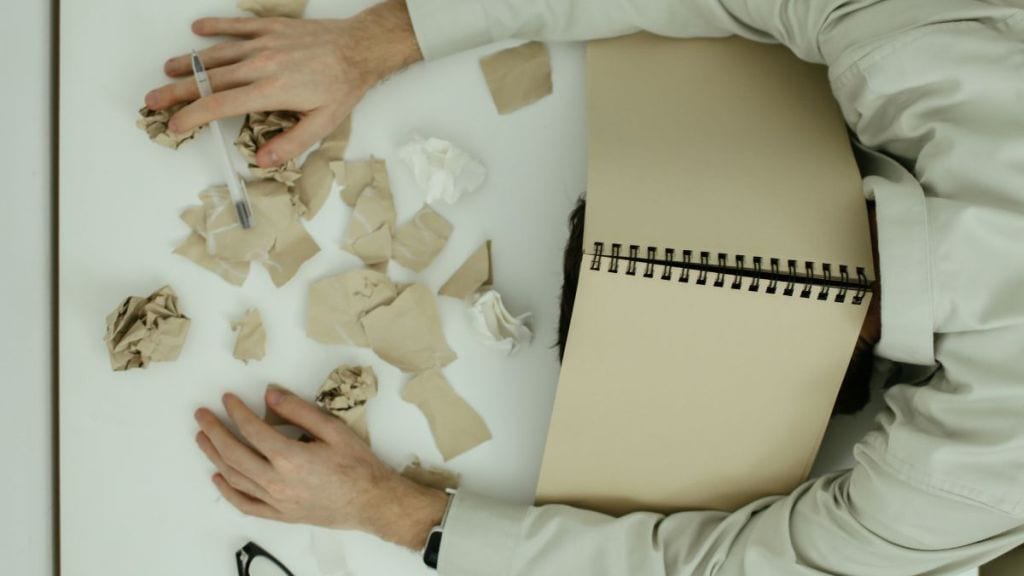“Hustle” is a glorified term among entrepreneurs. The younger workforce has been conditioned to connote it as a rite of passage and as a metaphor of success. However, a young entrepreneur on social media chose to differ. In a ride-along post on Reddit, they shared “what hustle culture won’t tell you” addressing the dilemma of “grinding 24/7” and the impact it might have on your mental health.
The techie revealed that he worked a 100 hour week for two years and hit a $1.2 million revenue on his startup. However, overburdened by drawbacks of “hustle”, his mental health ended up in a downward spiral. Elaborating on his “glory days”, the startup owner explained how he achieved his revenue in just 24 months and was a wanted guest on TechCrunch, all but working nearly 20 hours a day.
Just before the breaking point, he revealed, “I lived on energy drinks and Adderall. My girlfriend moved out. I missed my dad’s 60th birthday for a deal we didn’t even close. But revenue kept climbing, so I told myself everyone else was just weak.”
The tipping point of collapse
The SaaS startup owner recalled March 2023 as “when everything collapsed”. He shared that he had his “first panic attack” during an investor pitch, mid-sentence. “I couldn’t breathe. Vision went blurry. Hands shaking so badly I couldn’t hold my laptop.” However, this wasn’t the worst part, his near-death experience, or as most panic attacks feel, was dismissed as “just stress”.
I worked 100-hour weeks for 2 years building my startup. Hit $1.2M revenue, then had a complete mental breakdown. Here is what “hustle culture” doesn’t tell you.
byu/National-Skin-953 inEntrepreneurRideAlong
The redditor also revealed that this episode recurred nearly everyday and basic tasks such as getting out of bed, on some days, proved to be difficult. While he was seeking professional help, at the time, he made a shocking revelation about hustling. He wrote, “I spent $75K on software but refused to invest in therapy until I literally couldn’t function.”
Side effects of recovery
Reluctantly, the author revealed, he took eight months off only because his body refused to function. Only after being prescribed medications and routine therapy, he re-learnt the phenomena of “boundaries” or “sustainable pace”. These ignored, however, are masked behind the concept of “passion”.
The techie’s key revelations during his recovery phase included “burnout isn’t a badge of honor – it’s a business liability.” He explained that his “24/7 grind” led him to make terrible decisions. Explaining the dilemma of every founder, he wrote, “I over-hired, over-promised, and nearly tanked the company I’d sacrificed my health to build.”
Restructure after recovery
Delegation, was another key lesson learnt the hard way. The techie also reduced his working week by more than half. While accepting the initial drop in revenue, he accepted to prioritise consistency and stability over surge.
Learning to see the bright side of his 18 month journey, he was proud to reveal a $1.8 million ARR, a health sleep cycle with enough time to slow down for a vacation.
He ended the post on a positive note and said, “The entrepreneurship community glorifies the grind, but nobody talks about the casualties. Consider this your permission to prioritize your mental health.”
It is interesting to note that what the younger workforce of today prioritises in the work environment – boundaries and peace – is often strived by their elders after understanding the perils of “hustle” the hard way.


